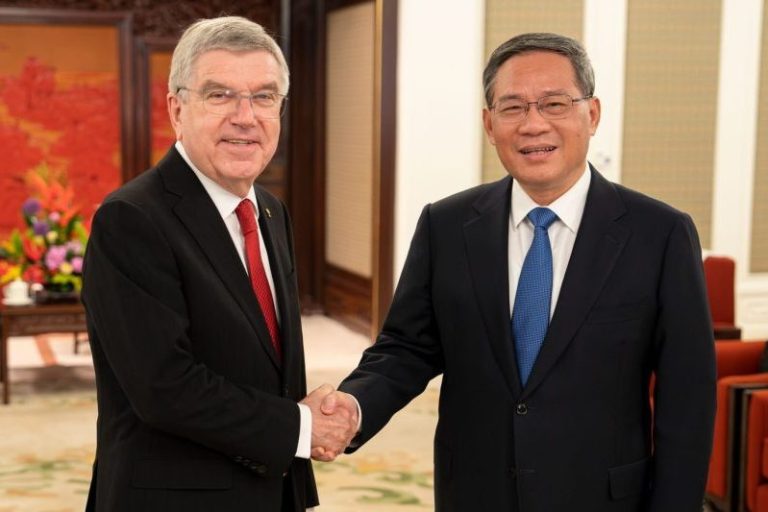GamesBids.com presents the seventh annual Top Ten list of Olympic Bid Stories for 2014. These stories impacted the course of Olympic bids, or the Olympic bid process, and formed interesting plot lines for the year. We’ll run them down from 10th to 1st during the holiday season.
#1 – Only Almaty and Beijing Remain in 2022 Olympic Winter Games Bid

A clear challenge for the IOC and the main overarching theme throughout 2014 was the loss of public trust and the disintegration of the bid process, especially for the 2022 Olympic Winter Games.
Already on our top ten list at number three was the withdrawal of all four European bids that had been pitching for the 2022 Games. One-by-one, these democratic nations refused to support their bids for various reasons – but loss of trust for the IOC due to the handling of human rights issues and perceived overspending at the Sochi Games was a key driver.
But the two bids from autocratic nations where general public approval to move forward is not required remained in the race. Almaty and Beijing were both clear outsiders when it all began November 2013 but are now all that remain in arguably the weakest field of Olympic bidders in history.
Almaty last bid for the 2014 Games that were lost to Sochi; the Kazakhstan bid barely measured up and failed to make the shortlist. This time the bid scored last among the three shortlisted cities that included Oslo.
Beijing submitted a bid with the intention to expand winter sports in China. The city of Harbin previously bid for the Winter Games in China but with very little success, failing to make the shortlist.
But this bid had been rumored as a likely warm-up for a possible later bid for 2026 or beyond; a victory this time seemed unrealistic close to the heals of the Beijing 2008 Summer Games and following two consecutive Games in East Asia – PyeongChang 2018 and Tokyo 2020. Now, Beijing is seen as the unlikely favorite due to the elimination of the powerful European contenders.
IOC President Thomas Bach, with Agenda 2020, was quick to implement measures that could “fix” the bid process and make hosting the Games more attractive for European and other bidders. These new rules could be applied to existing organizing committees – but Bach ruled out reopening the 2022 campaign to allow dropped bids another chance under the reforms.
IOC member Dick Pound questioned this strategy during an all-members session, and other members were concerned that the weak field of bids posed a risk to the Olympic Games.
This would have been particularly interesting to the bid from Stockholm that was resistant to building a costly sliding venue but may have accepted using a venue in a neighboring nation. After the reforms were announced the former Oslo bid committee members said they felt that their bid may have been feasible under the new rules.
You always have an advantage when you stay in a competition, if you don’t stay in the competition, you cannot win.
It’s very easy, this is like in a 10,000 metre race that if you pull out after five rounds then you cannot expect when it starts to rain, or the sun shines and it was raining before that then the race will be started again.
We welcome the two candidates who have been following this procedure according to these regulations from the very beginning.
It will be a very interesting year for the bids from Almaty and Beijing in 2015, as it will be for the IOC who will have to closely manage the preparations for the 2022 Olympic Winter Games.
The host city election will take place July 31 in Kuala Lumpur.
Follow us on Twitter or Facebook. Happy New Year from GamesBids.com.
[posts_carousel query_type=”tags” tags=”GB2014TopTen” num=”10″ animationloop=”true” hide_excerpt=”true”]


